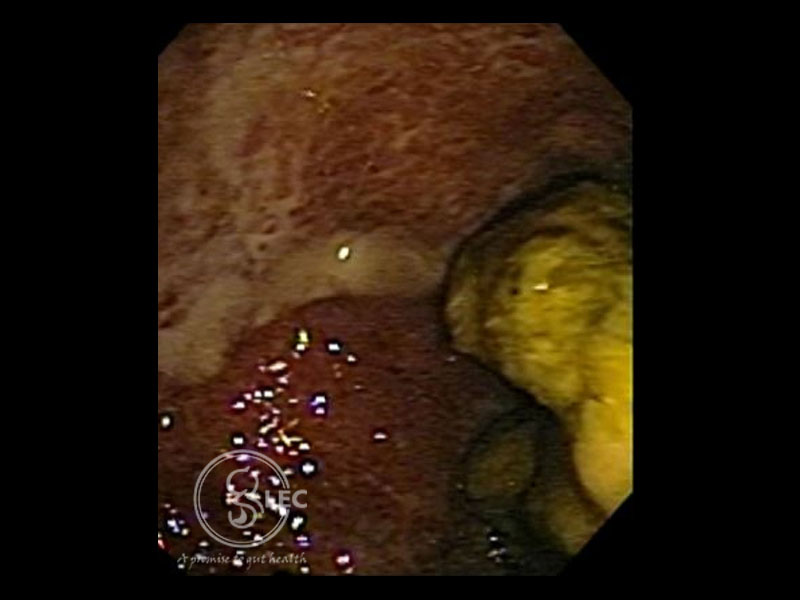Inflammatory Bowel Disease
Inflammatory Bowel Disease
Inflammatory bowel disease denotes ulcerations in the small or large intestine.
Inflammatory bowel diseases include two types Ulcerative colitis and Crohn’s disease.
Ulcerative colitis
Ulcerative colitis is a disease characterized by large intestine ulcerations
Common symptoms
- Diarrhea
- Abdominal pain
- Weight loss
- Blood in stool
- Urgency (urgent need to rush to the toilet)
- Incontinence (passage of stool in cloths)
Diagnosis
- Colonoscopy and biopsy confirm IBD
Treatment
- Treatment depends on severity
- Treatment of mild disease is Mesalamines
- Moderate and severe diseases can be managed by steroids, antimetabolites, and Infliximab
- Surgical intervention is indicated for severe cases
Crohn’s disease
Crohn’s disease is characterized by small and large bowel ulceration
Symptoms
- Pain in the umbilical region
- Diarrhea
- Fever
- Abdominal lump
- Blood in stool
- Vomiting
- Upper abdominal pain
- Weight loss
Diagnosis
The extent of the disease can be diagnosed by
- Colonoscopy and biopsy
- Capsule endoscopy
- CT enterography
- Double balloon enteroscopy
- Barium study
Treatment
Treatment depends upon the disease severity
- A mild disease can be managed by mesalamine
- A moderate disease can be managed by oral steroids, and antimetabolites
- Severe disease can be managed by steroids, antimetabolites, and Infliximab
- Surgery is indicated for advanced but localized disease, and strictured disease

